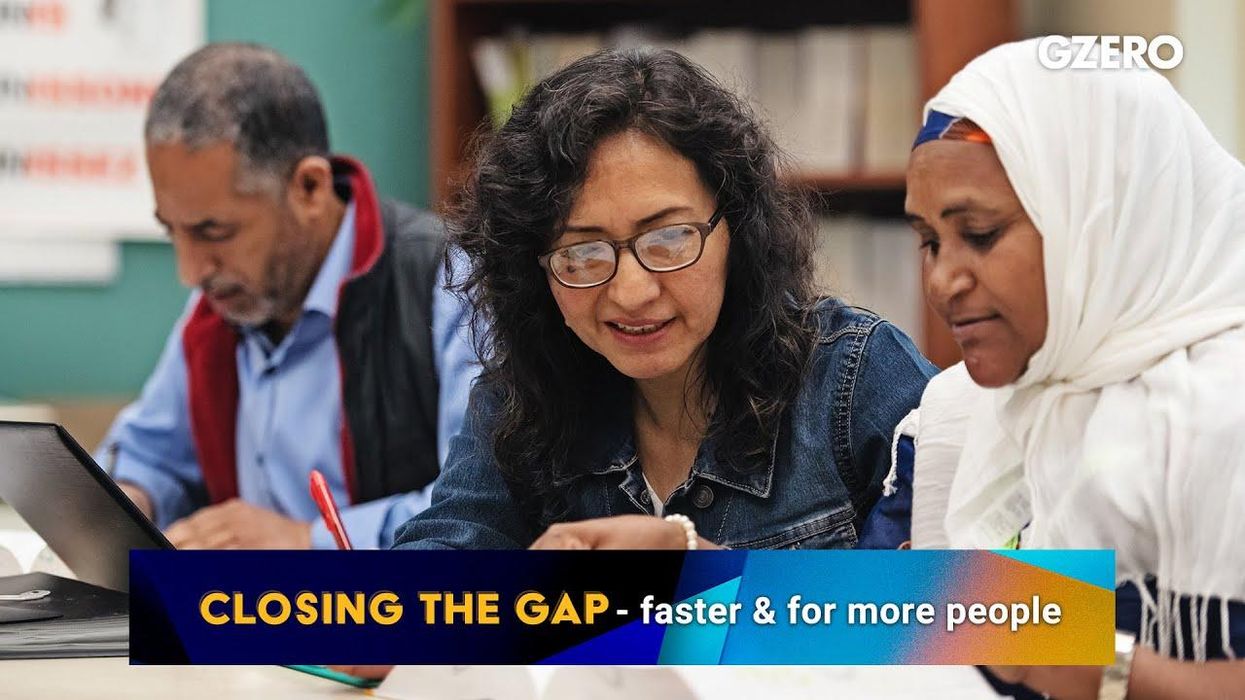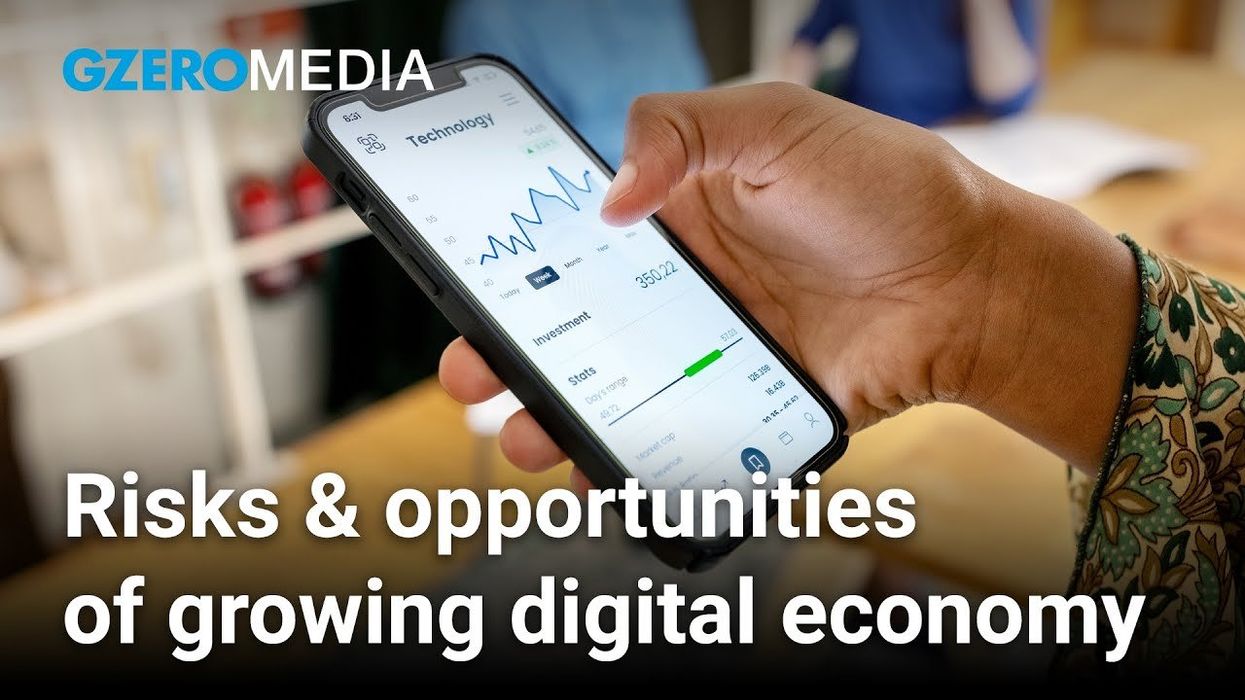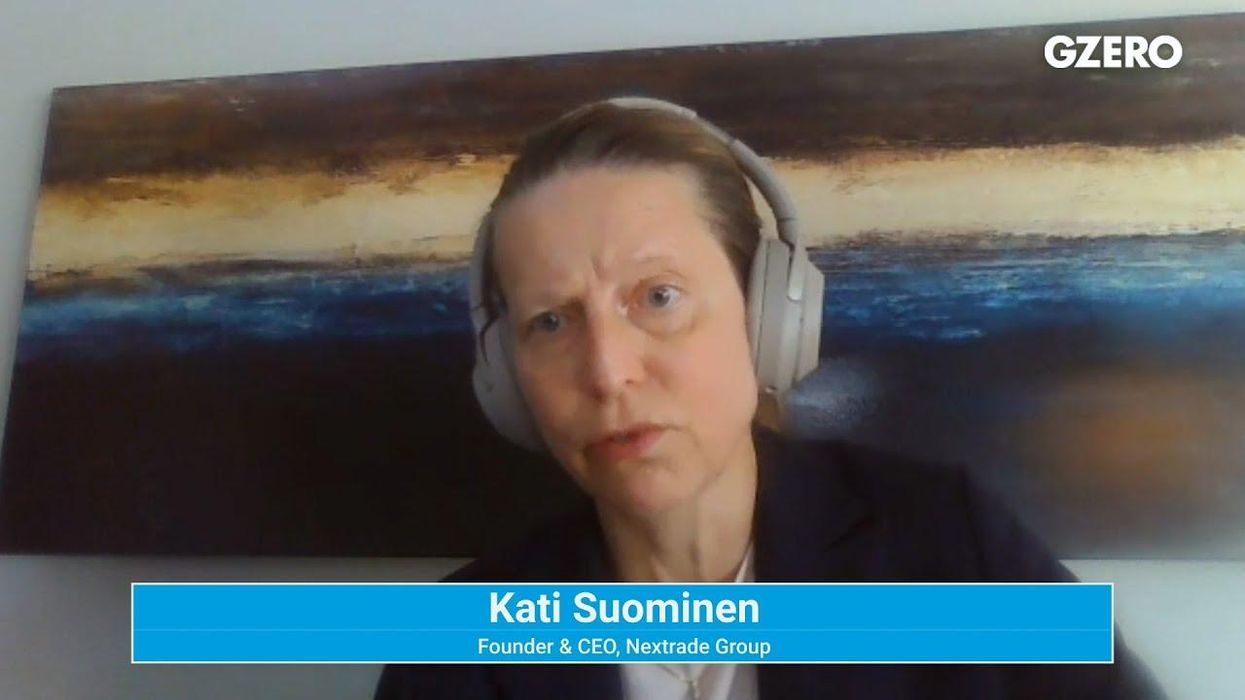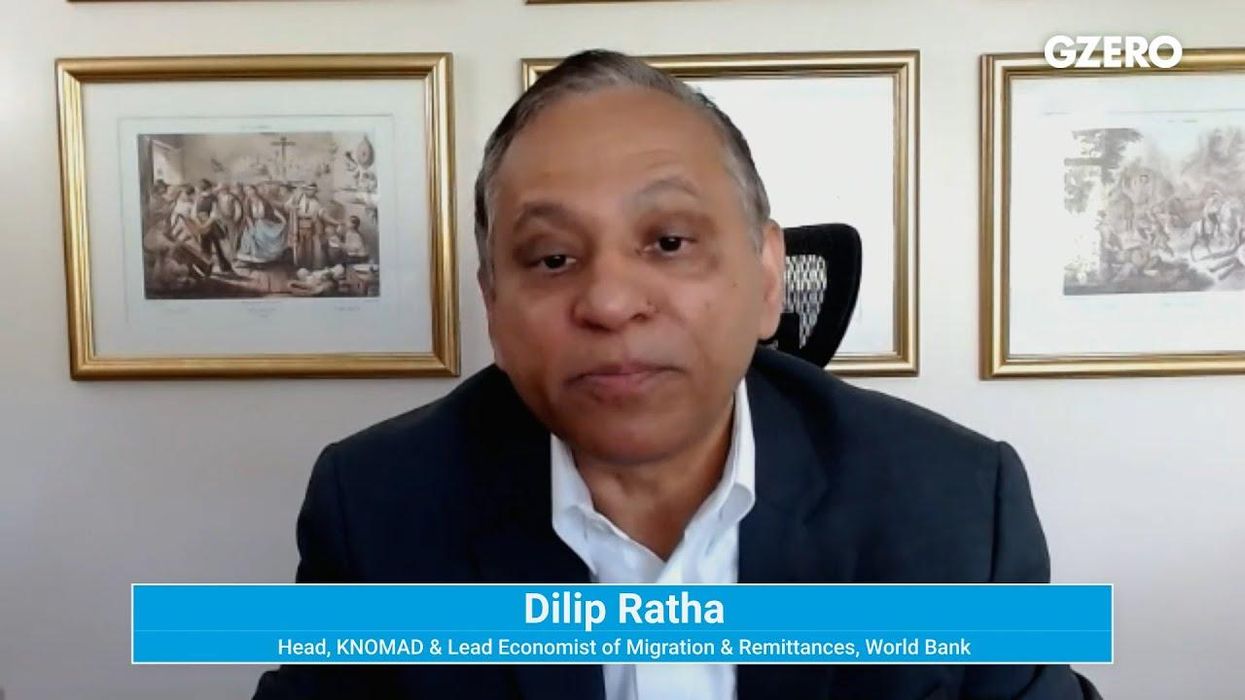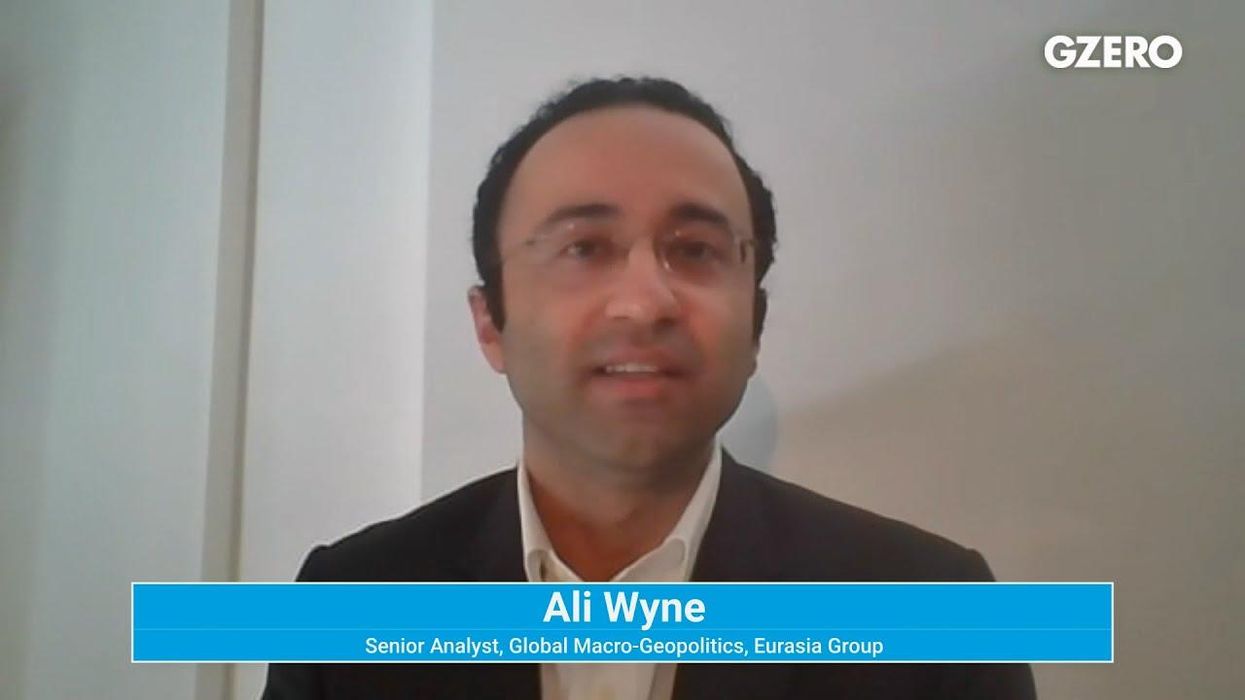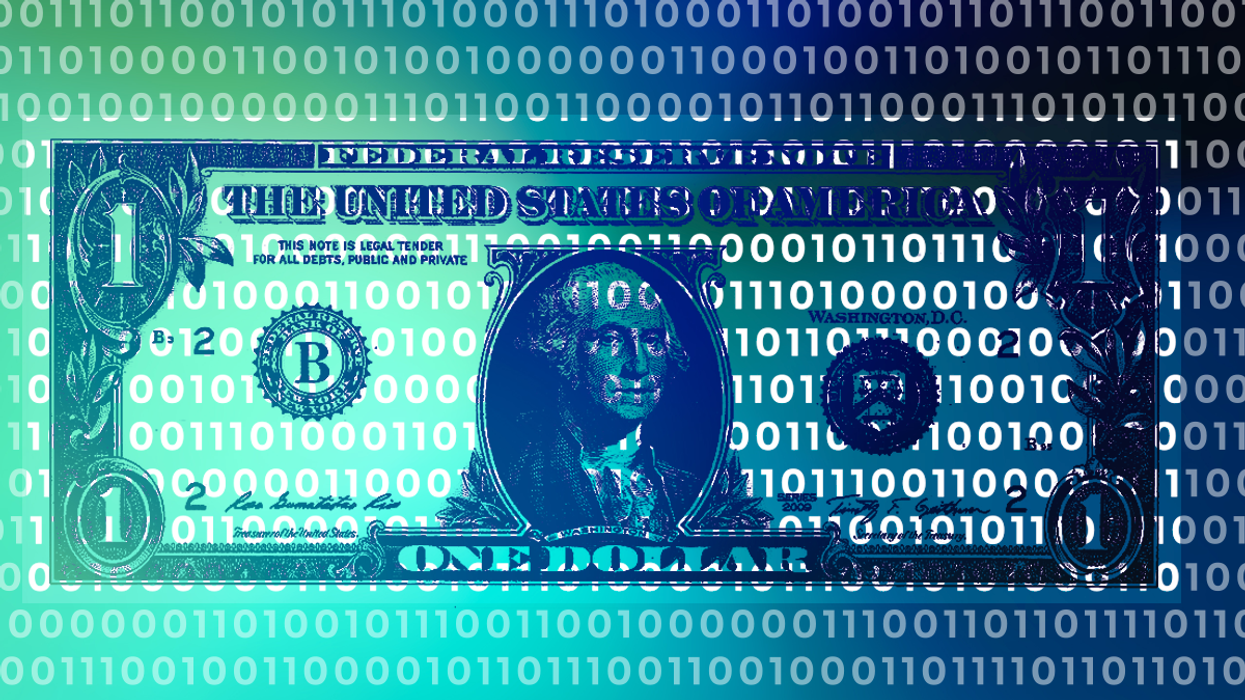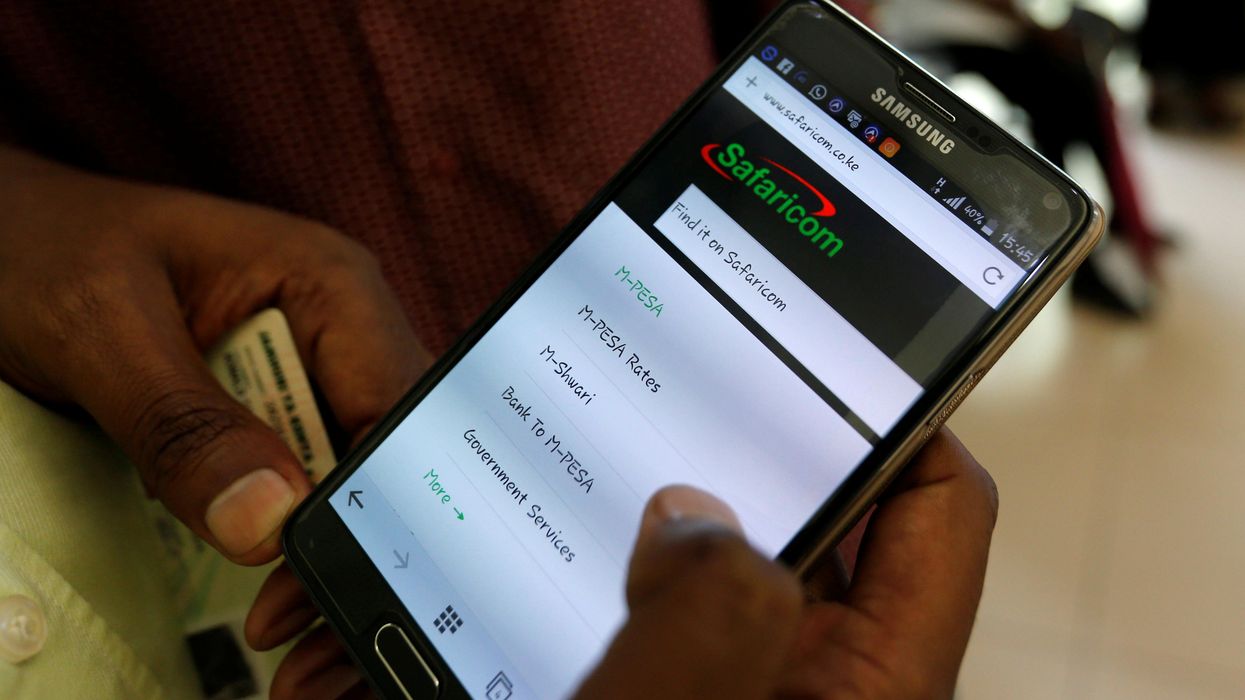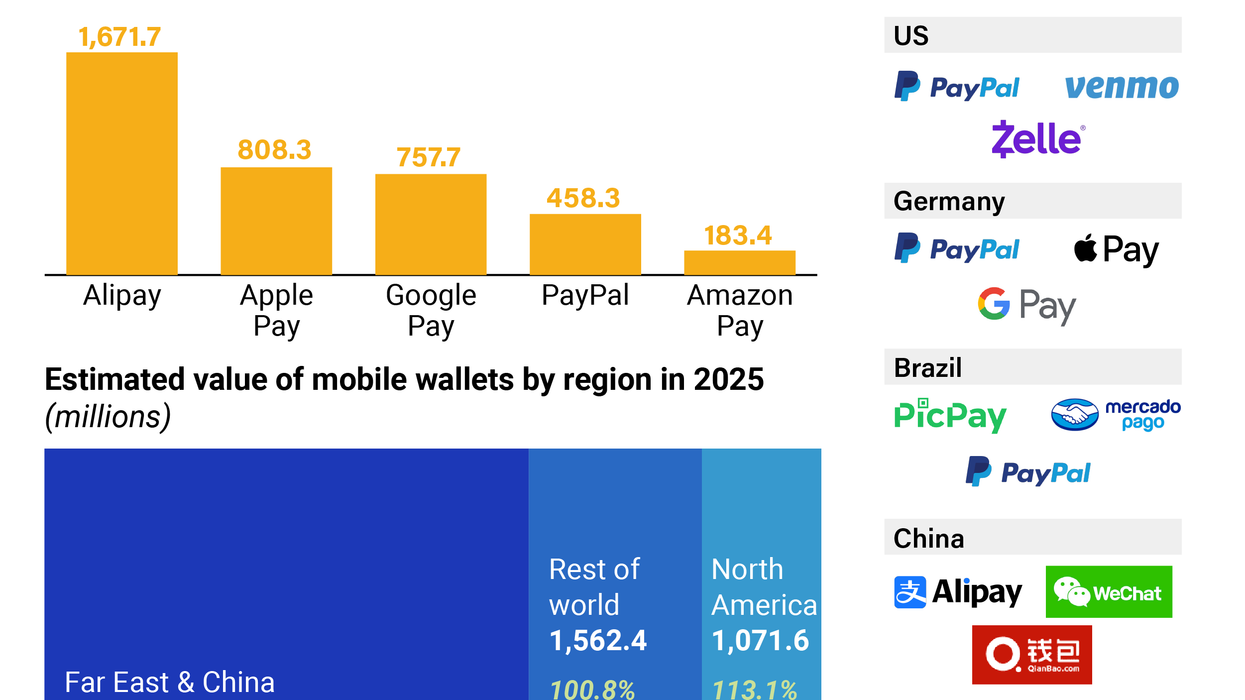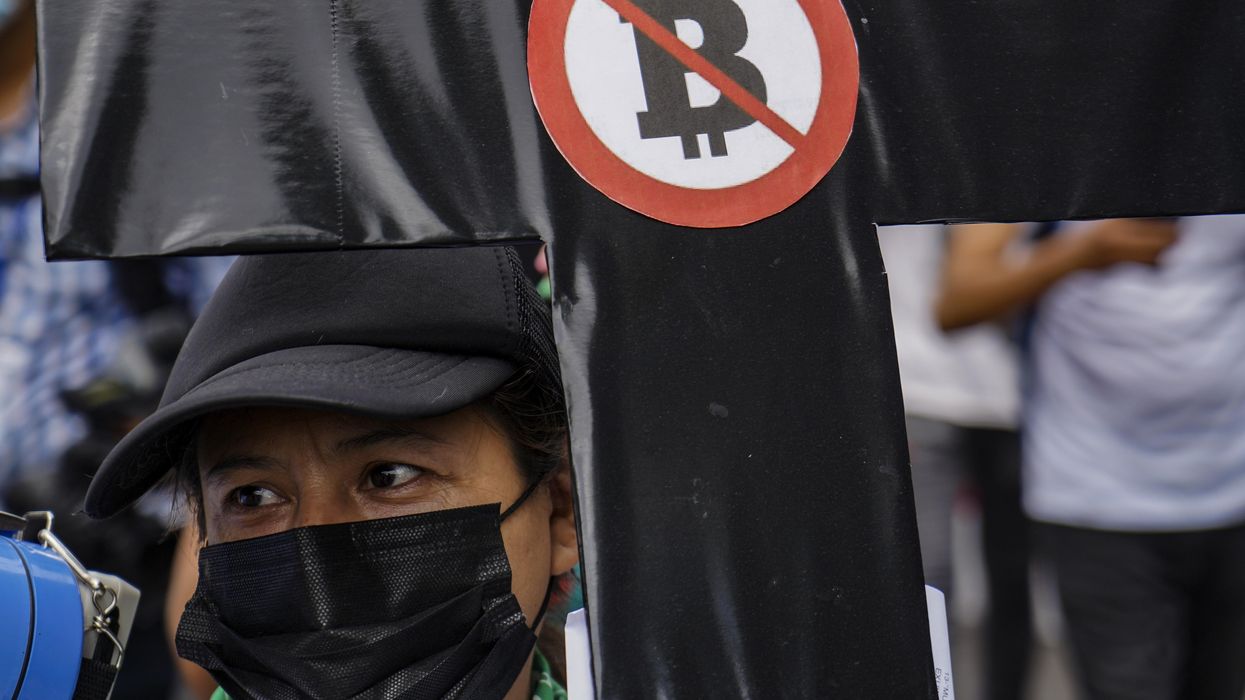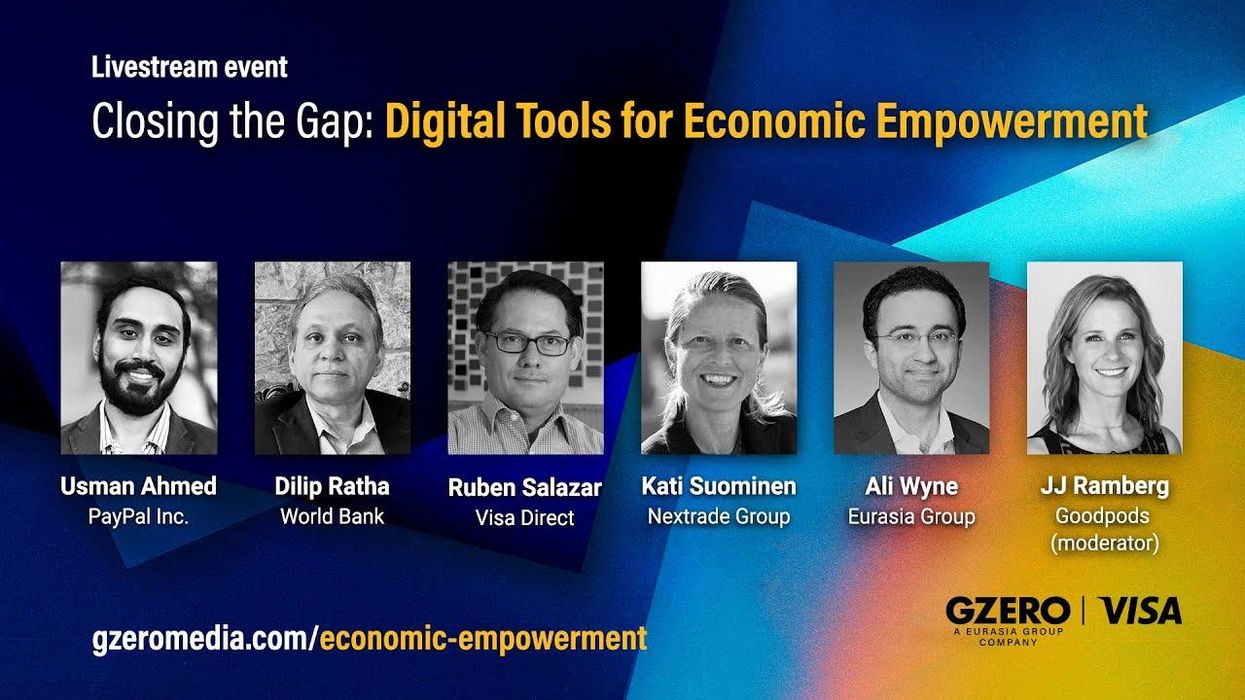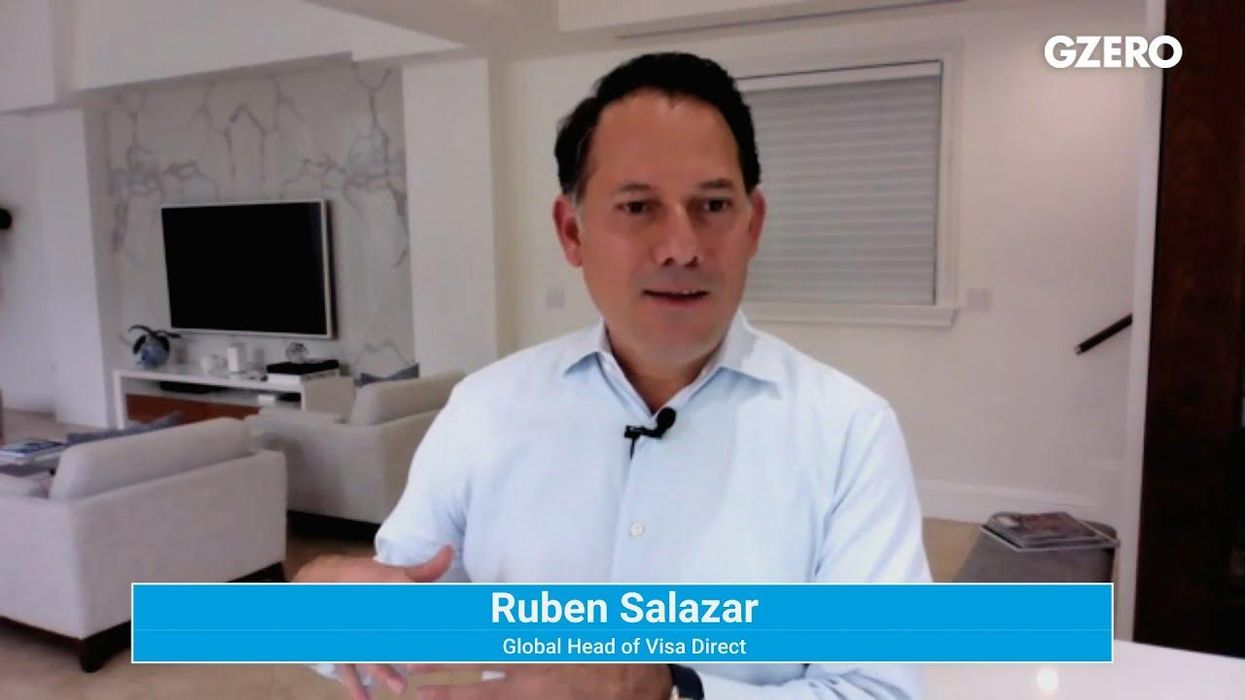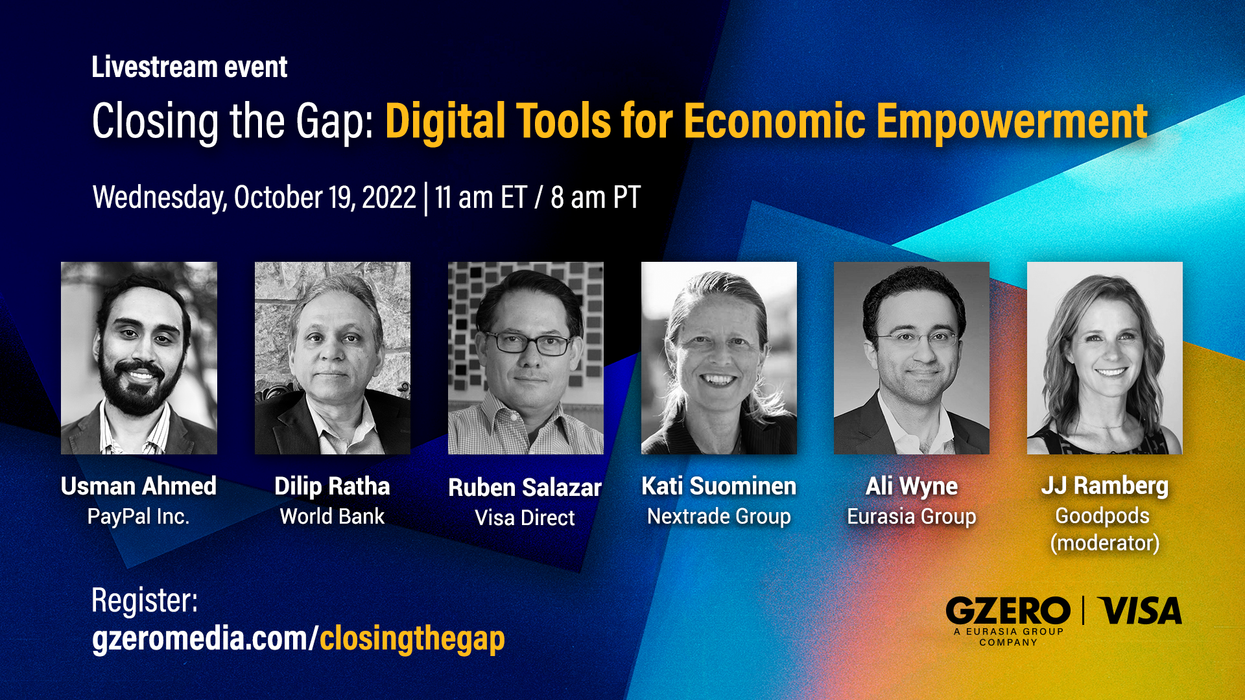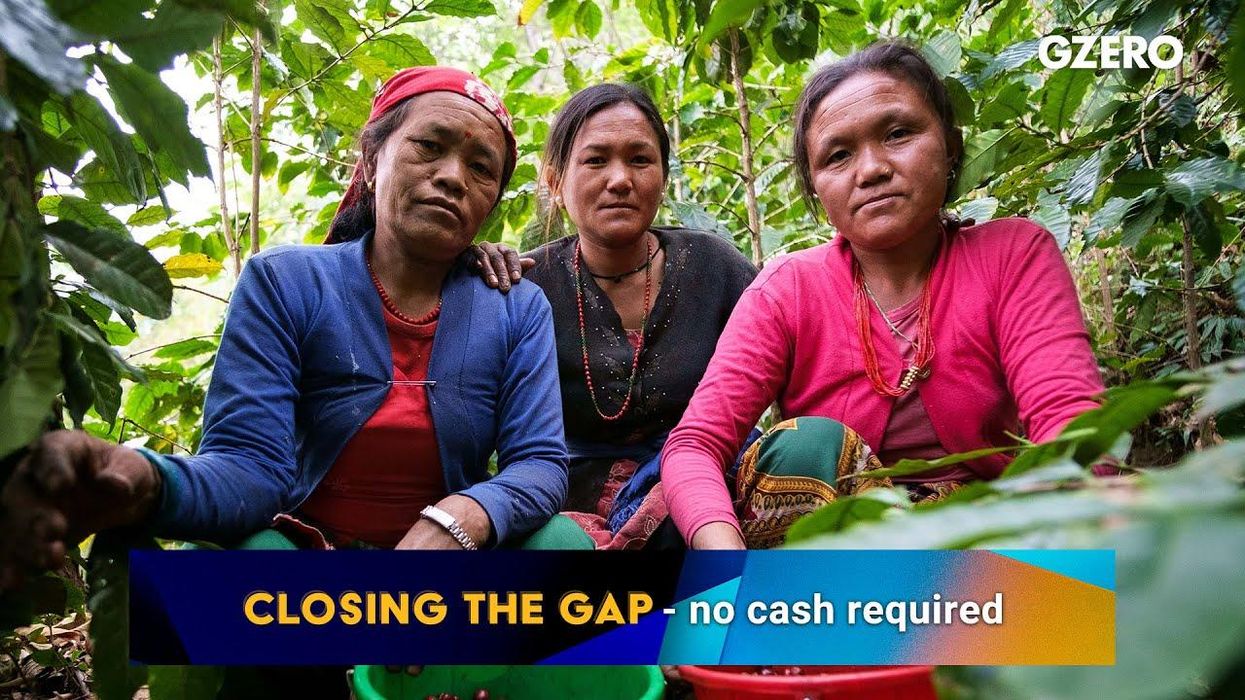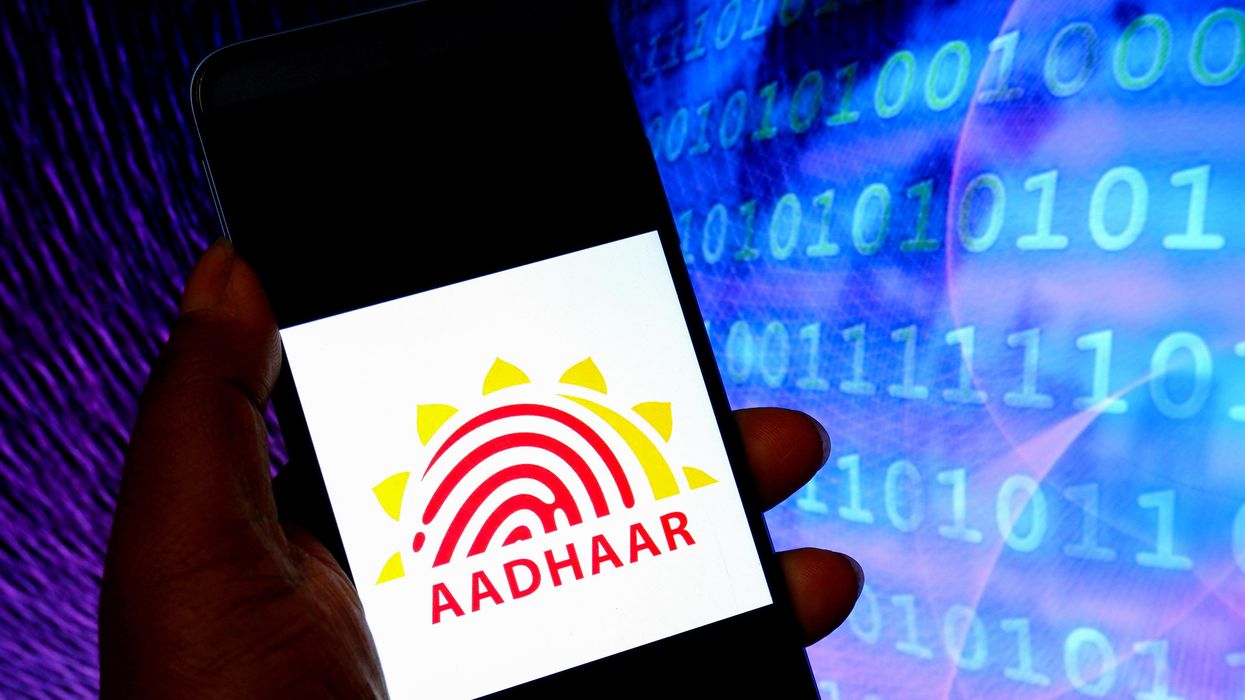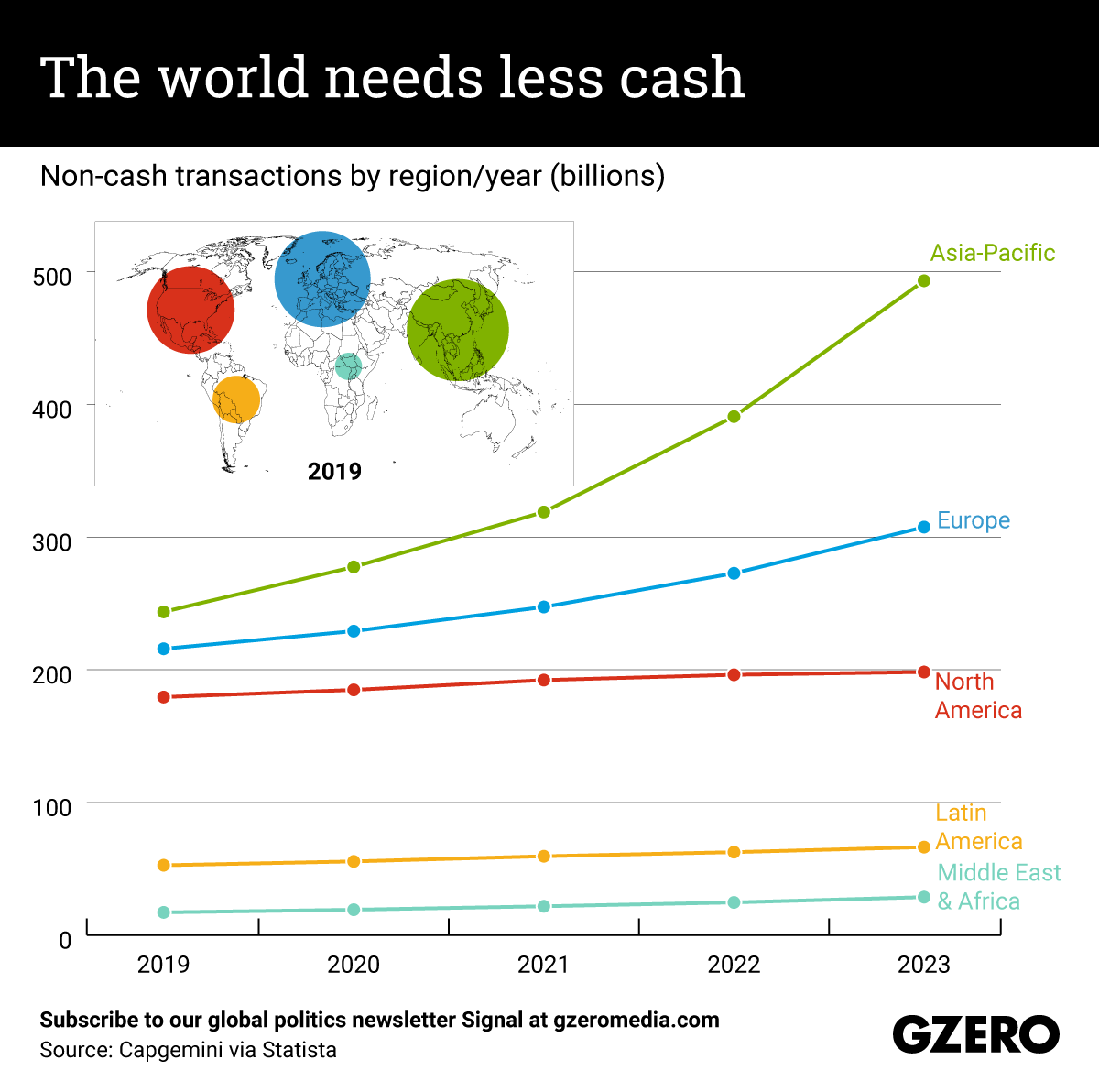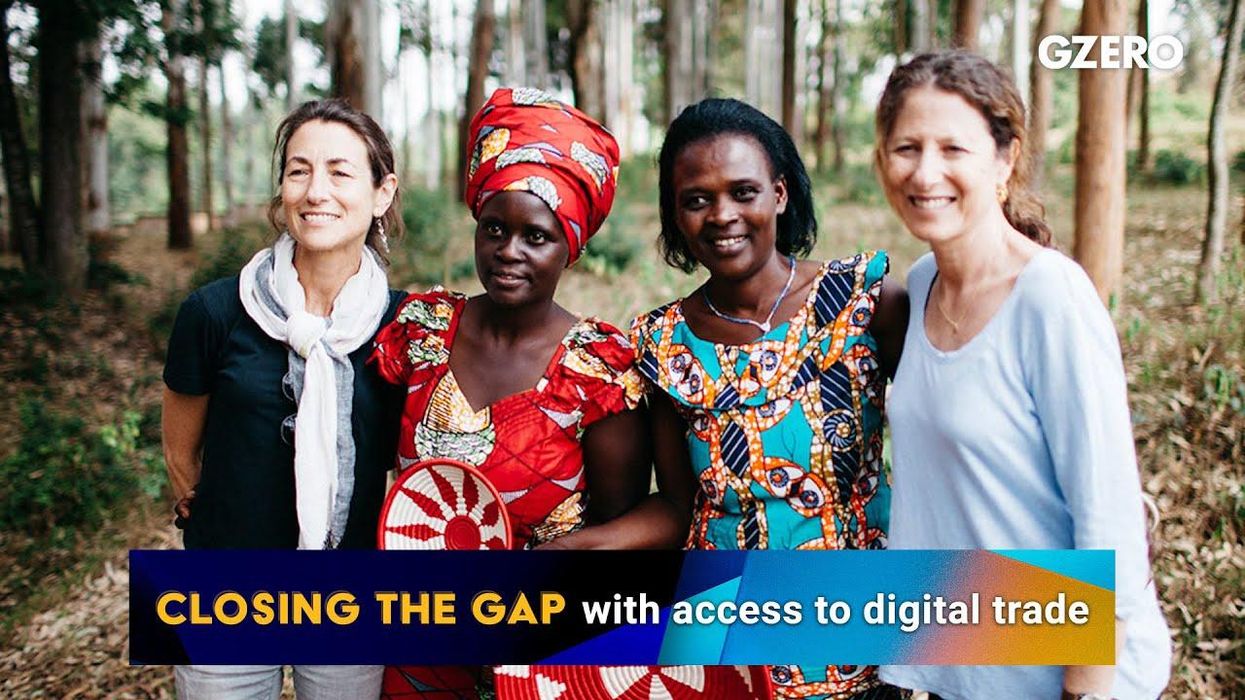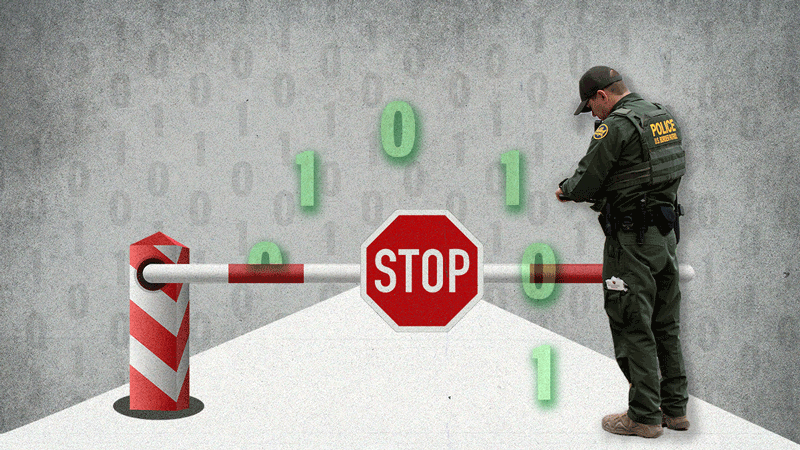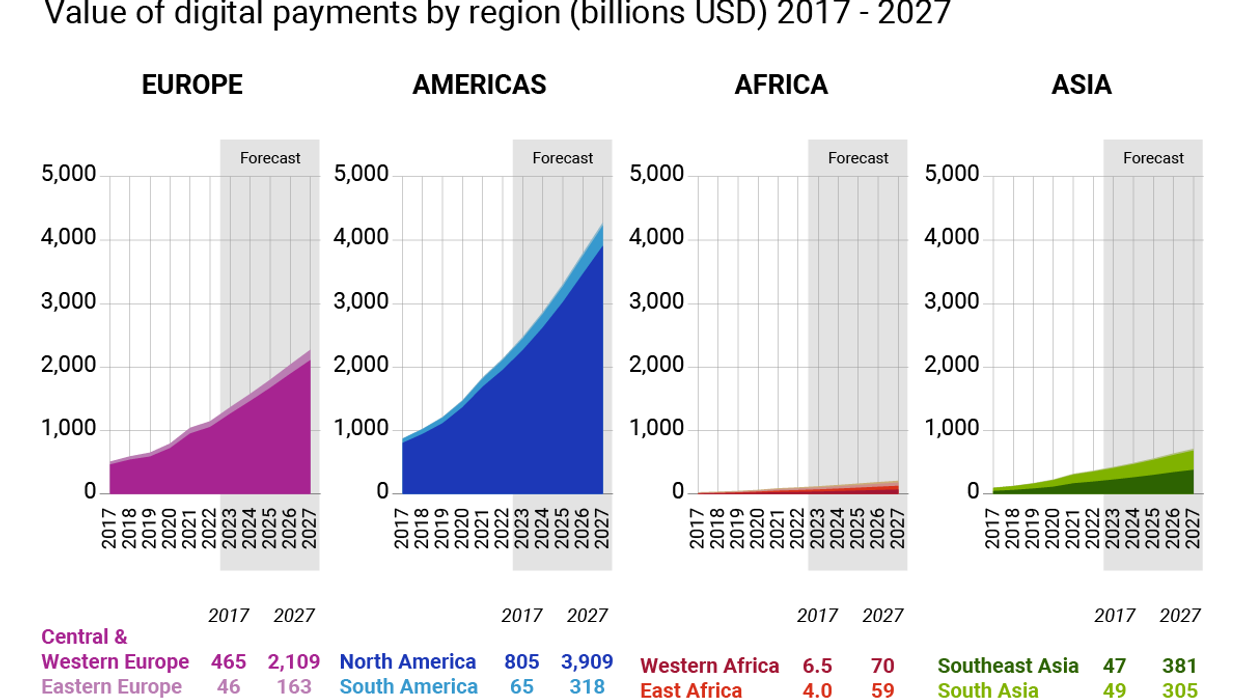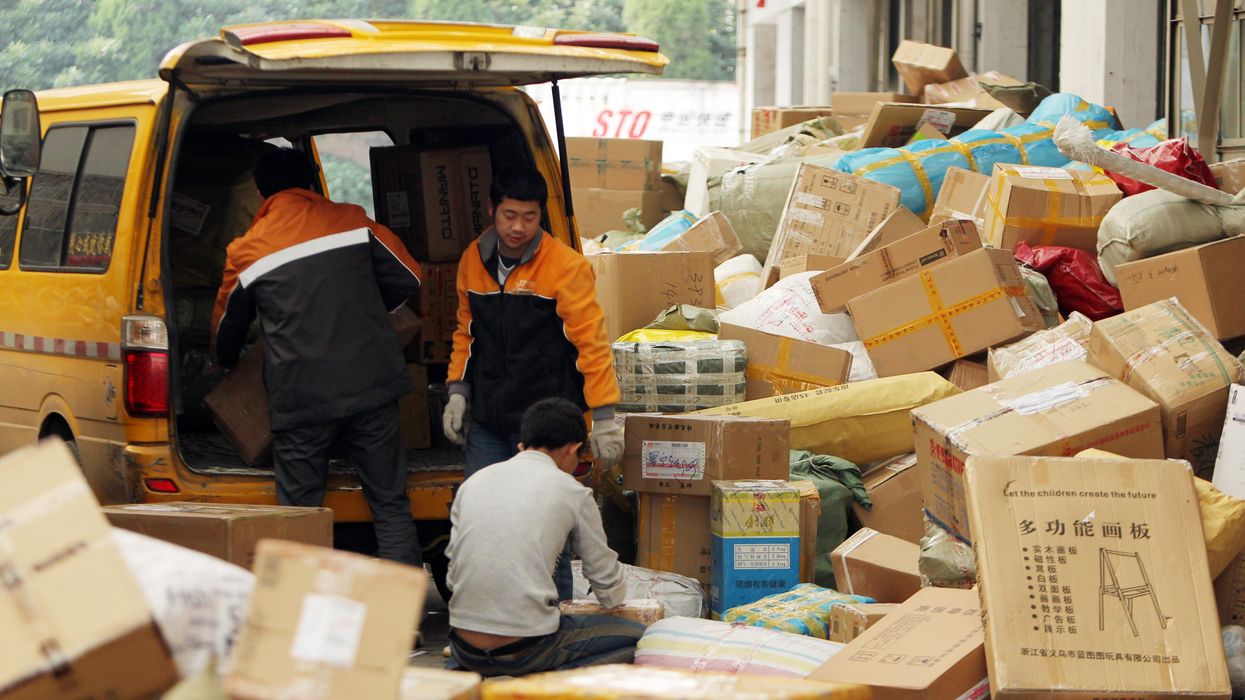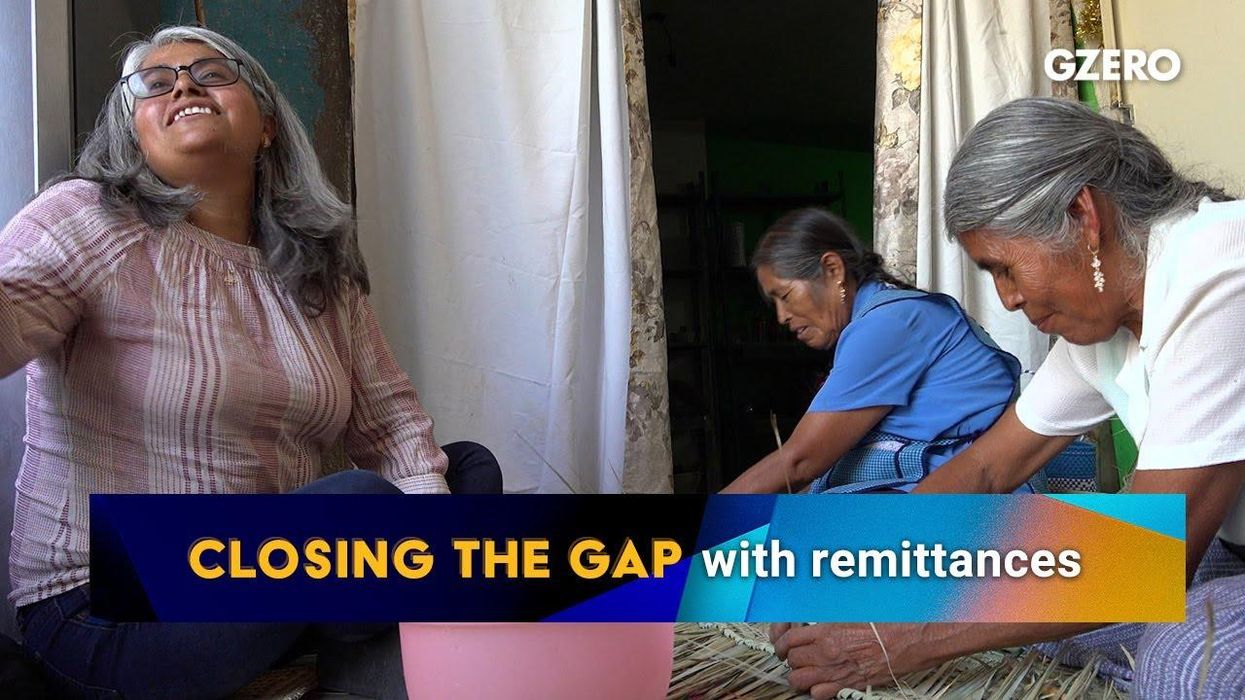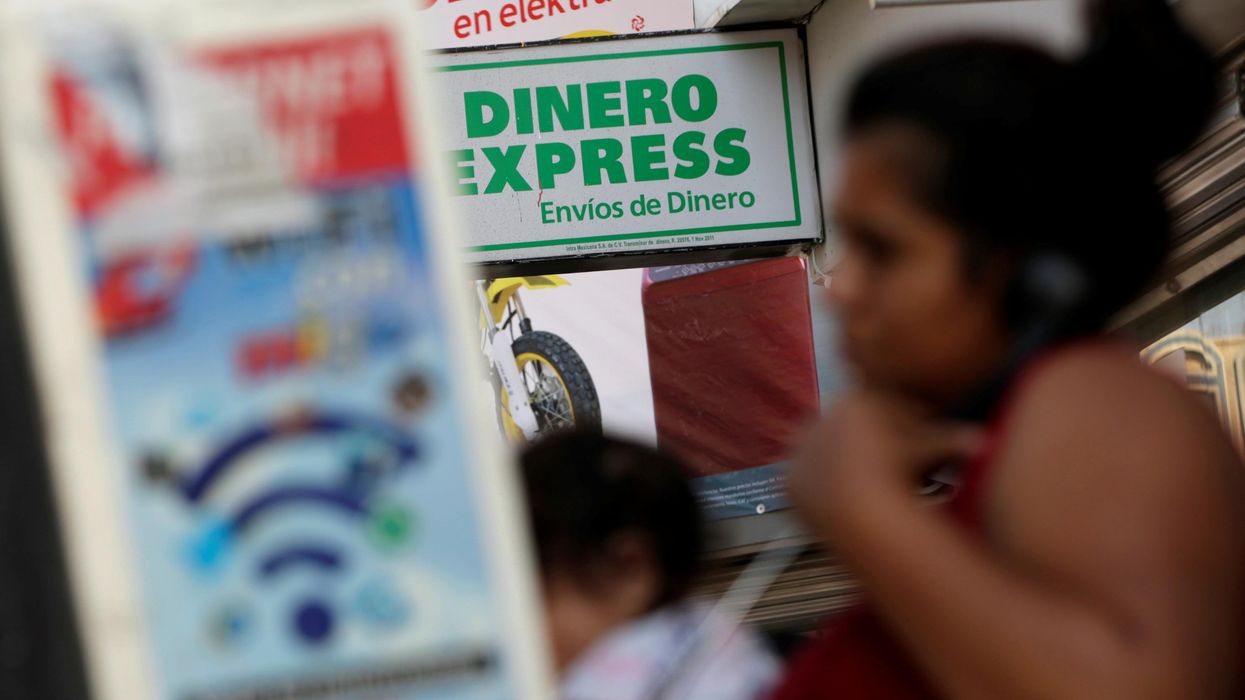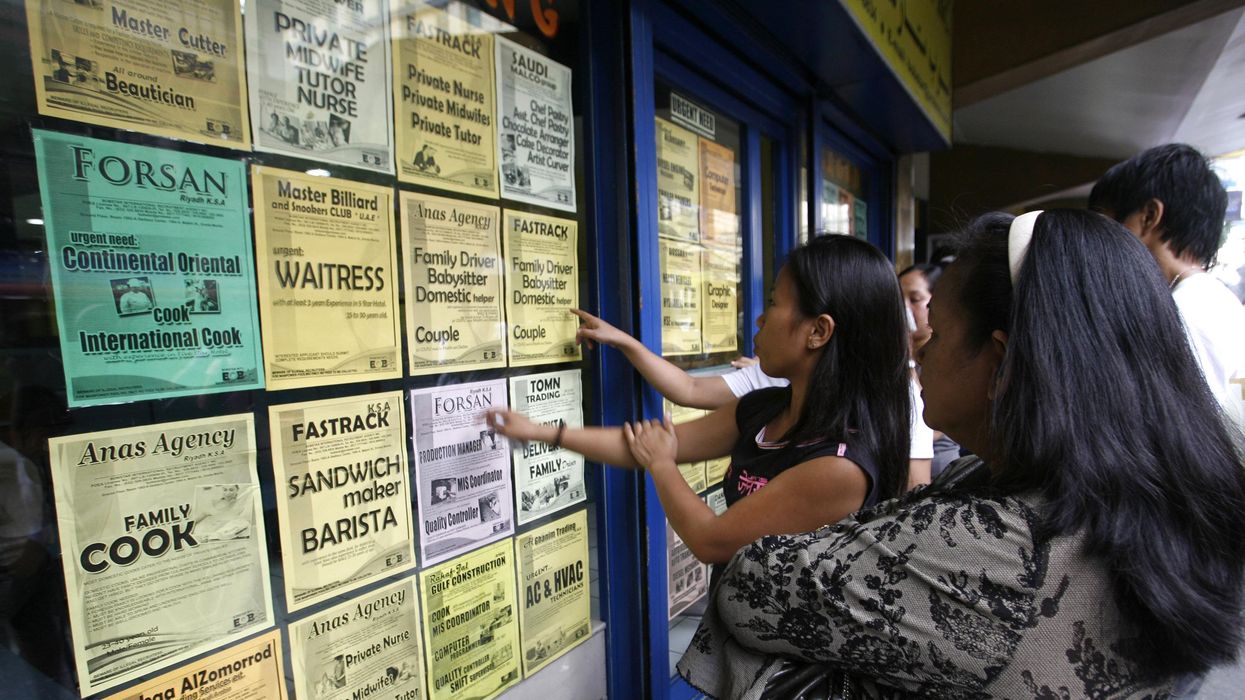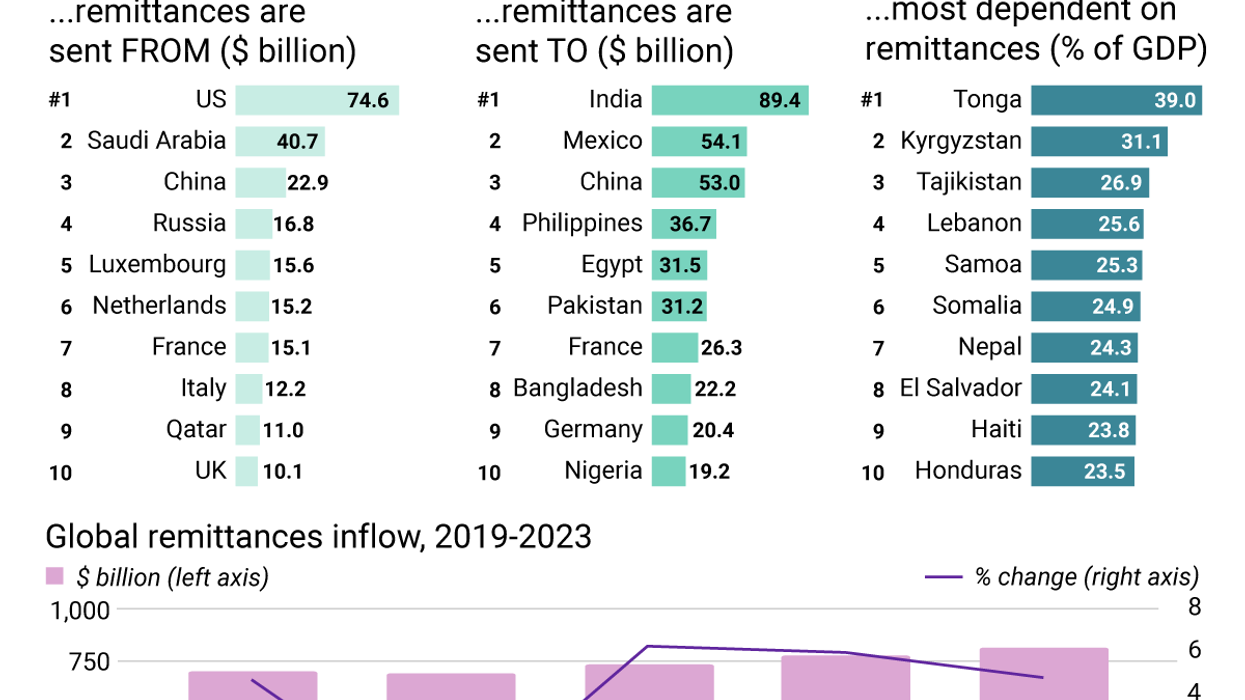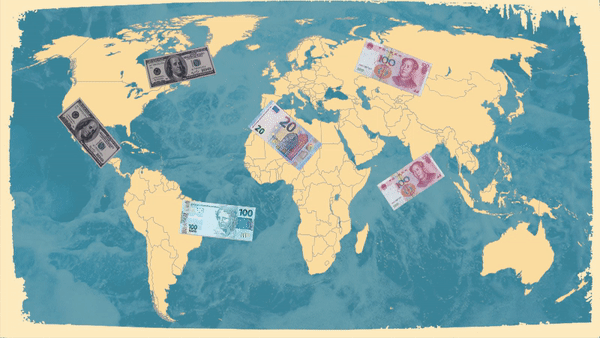VIDEOSGZERO World with Ian BremmerQuick TakePUPPET REGIMEIan ExplainsGZERO ReportsAsk IanGlobal Stage
Site Navigation
Search
Human content,
AI powered search.
Latest Stories
Sign up for GZERO Daily.
Get our latest updates and insights delivered to your inbox.
Global Stage: Live from Munich
WATCH RECORDING
Closing the Gap
How can technology and digital tools help close the inequality gap globally?
Presented by
In the next decade, 70% of new value in the global economy will come from digital businesses. But more than 3.5 billion people without internet access will be cut off, and not all of them will live in the developing world.
“This is very much a global challenge,” Eurasia Group senior analyst Ali Wyne says in a livestream conversation hosted by GZERO in partnership with Visa.
Much of the developing world went digital during the pandemic. We see this, for instance: in Nepal, where it pushed people to go cashless and women in rural areas to embrace digital banking. Yet many remain unbanked, and that means they struggle to create wealth because they only deal in cash, according to Visa's Rubén Salazar. Having no bank account also makes it harder to send remittances, as we learn from a Mexican recipient and from the World Bank's Dilip Ratha.
There is hope, though. For Nextrade's Kati Suominen, digital payments are helping small businesses around the world reach new markets. The global move toward online shopping is a huge opportunity to scale, adds PayPal's Usman Ahmed.
In short, digital adoption faces many challenges but also huge opportunities to make things better for those who have the least.
Watch our recent livestream discussion on remittances and other tools for economic empowerment.
Keep reading...Show less
More from Closing the Gap
Divergent cyberattack responses: Estonia & India
October 01, 2023
The digitalization divide: opportunities and challenges in emerging markets
September 30, 2023
How digitization is accelerating international trade
November 16, 2022
The weaknesses of a digital economy
November 11, 2022
The debilitating cost of remittances
November 05, 2022
Political unrest when governments fail struggling citizens
November 02, 2022
The world economy’s digital destiny
October 28, 2022
The Graphic Truth: Mobile payments around the world
October 28, 2022
Lowering costs of poverty with digital & economic access
October 20, 2022
How can we get unbanked people to go digital?
October 19, 2022
Will Nepal cash out?
October 14, 2022
How it pays to innovate
October 14, 2022
The Graphic Truth: The world needs less cash
October 14, 2022
Connecting the world: the power of digital trade
October 07, 2022
Why regulating cross-border digital trade is tricky
October 07, 2022
The Graphic Truth: The digital payment boom
October 07, 2022
Critical lifeline: remittances and the developing world
September 30, 2022
The Graphic Truth: Sending money home
September 30, 2022
Money on the move
September 30, 2022
GZERO Series
GZERO Daily: our free newsletter about global politics
Keep up with what’s going on around the world - and why it matters.
